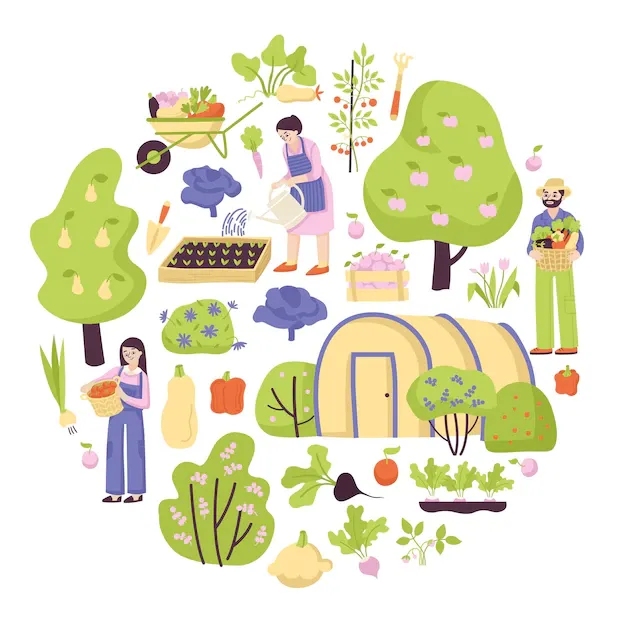Unlock your product's potential with our One-stop solutions!
+86-755-83222882

GET QUOTE
Advantages of Injection Molding in Agriculture
In the vast landscape of agriculture, innovation is the key to efficiency. One such game-changer is injection molding, a technique that's transforming the way we cultivate and harvest crops. In this blog post, we'll delve into the advantages of injection molding in agriculture, shedding light on how this method is sowing the seeds for a greener future.
Increased Efficiency
One of the standout benefits of injection molding in agriculture is the boost in efficiency. This technique allows for the mass production of intricate parts, such as planting trays and irrigation components. With uniformity in design and structure, farmers experience streamlined processes, ensuring that every seed is planted with precision.
Cost-Effective Solutions
In the world of farming, every penny saved contributes to a bountiful harvest. Injection molding proves to be a cost-effective solution for creating durable and reliable agricultural tools. From creating customized equipment to crafting long-lasting machinery parts, the cost efficiency of injection molding is a welcome relief for farmers looking to optimize their resources.
Eco-Friendly Practices
As the world gravitates towards sustainable practices, injection molding aligns perfectly with eco-friendly agriculture. The materials used in the molding process are recyclable, minimizing environmental impact. Additionally, the precision of injection molding reduces waste, ensuring that every component serves its purpose without excess.
Customization for Crop Diversity
Agriculture is diverse, with different crops requiring specific conditions for optimal growth. Injection molding allows for the customization of tools and equipment to cater to the unique needs of various crops. Whether it's creating specialized planting trays or irrigation systems, the adaptability of injection molding promotes crop diversity and enhances overall productivity.
Conclusion
In conclusion, the synergy between injection molding and agriculture is a testament to the evolving landscape of farming practices. The advantages of increased efficiency, cost-effectiveness, eco-friendly practices, and customization highlight the transformative impact of injection molding in cultivating a sustainable and prosperous future for agriculture.


